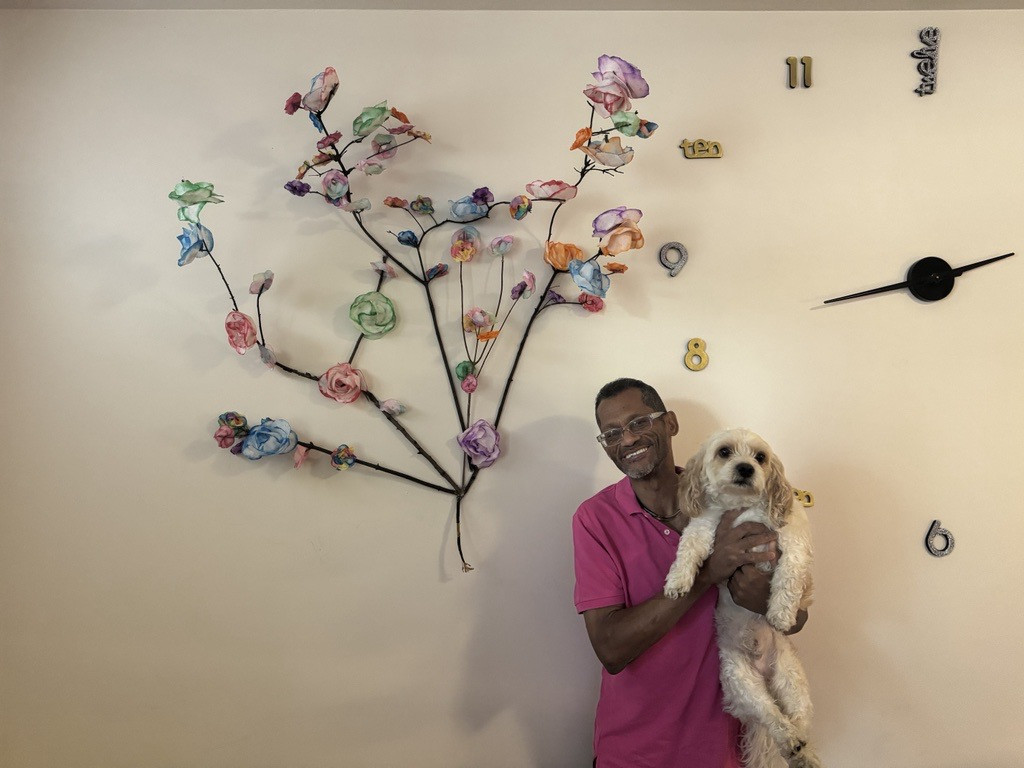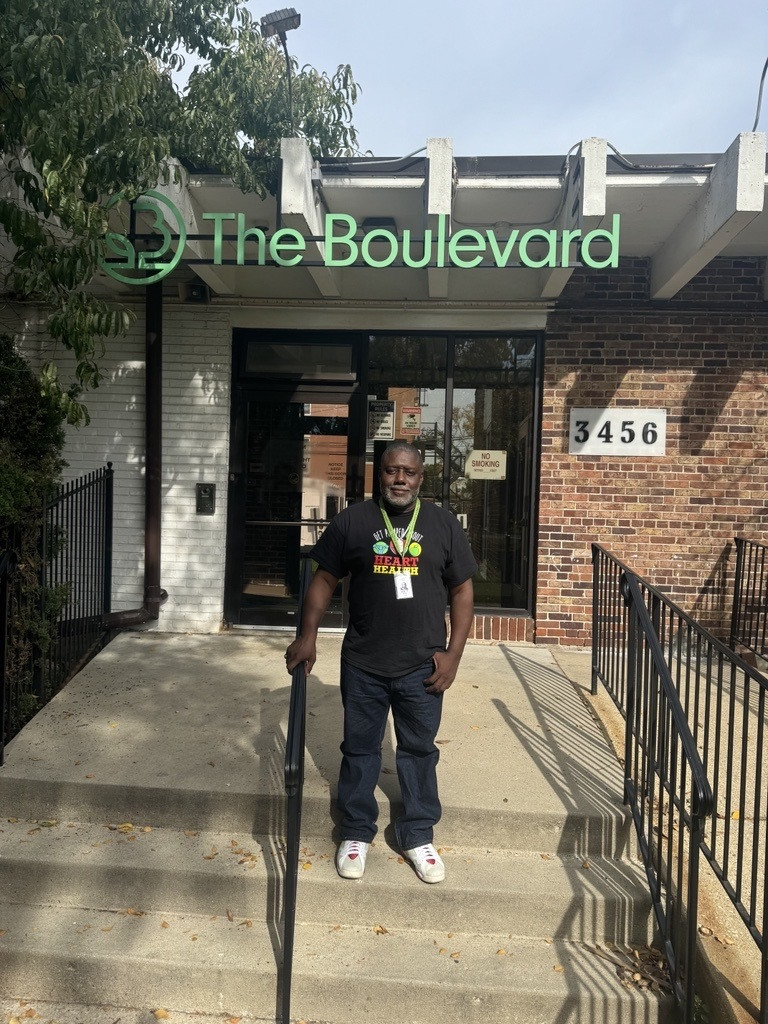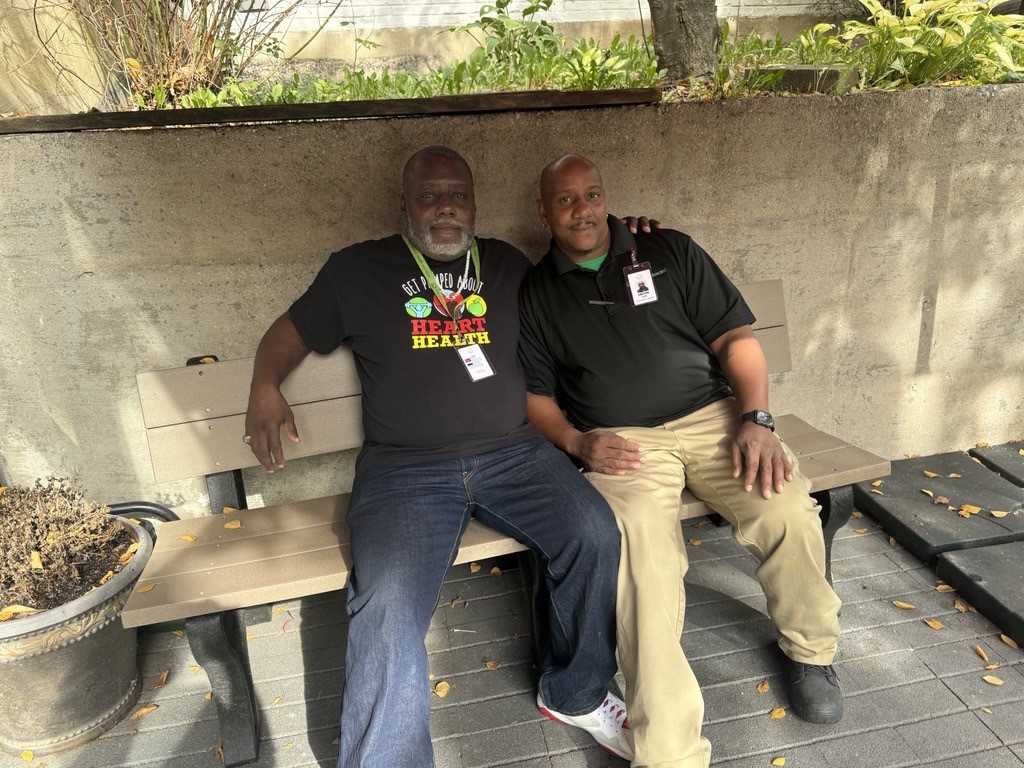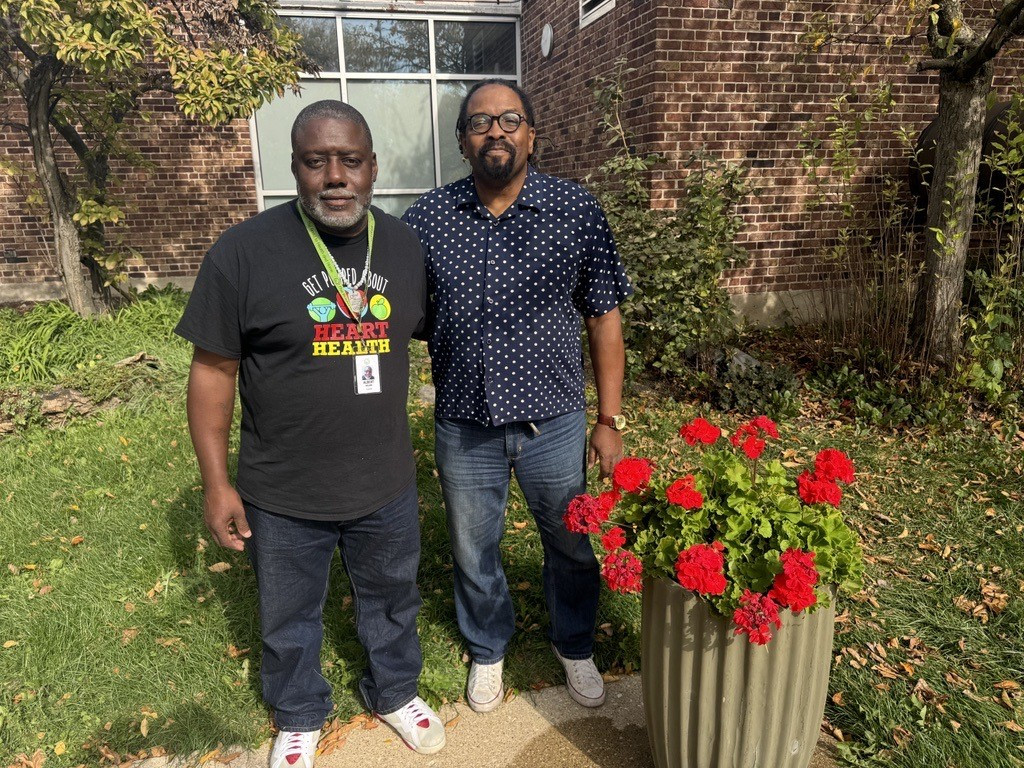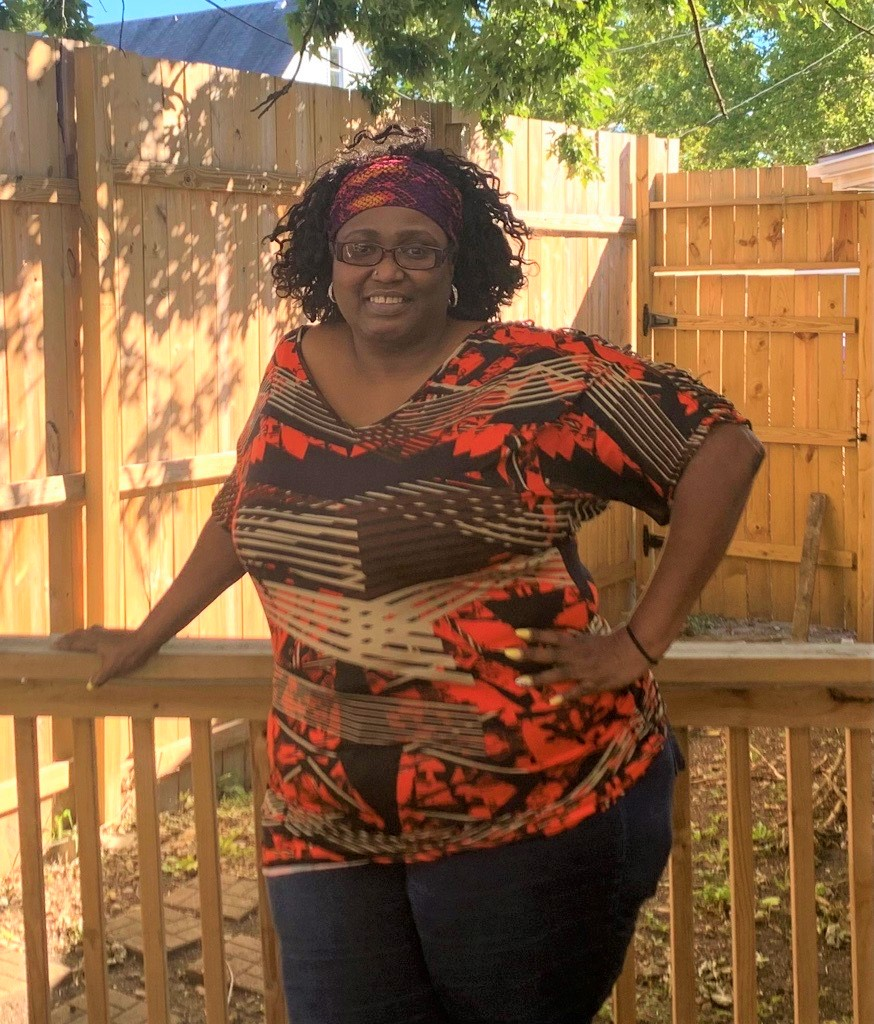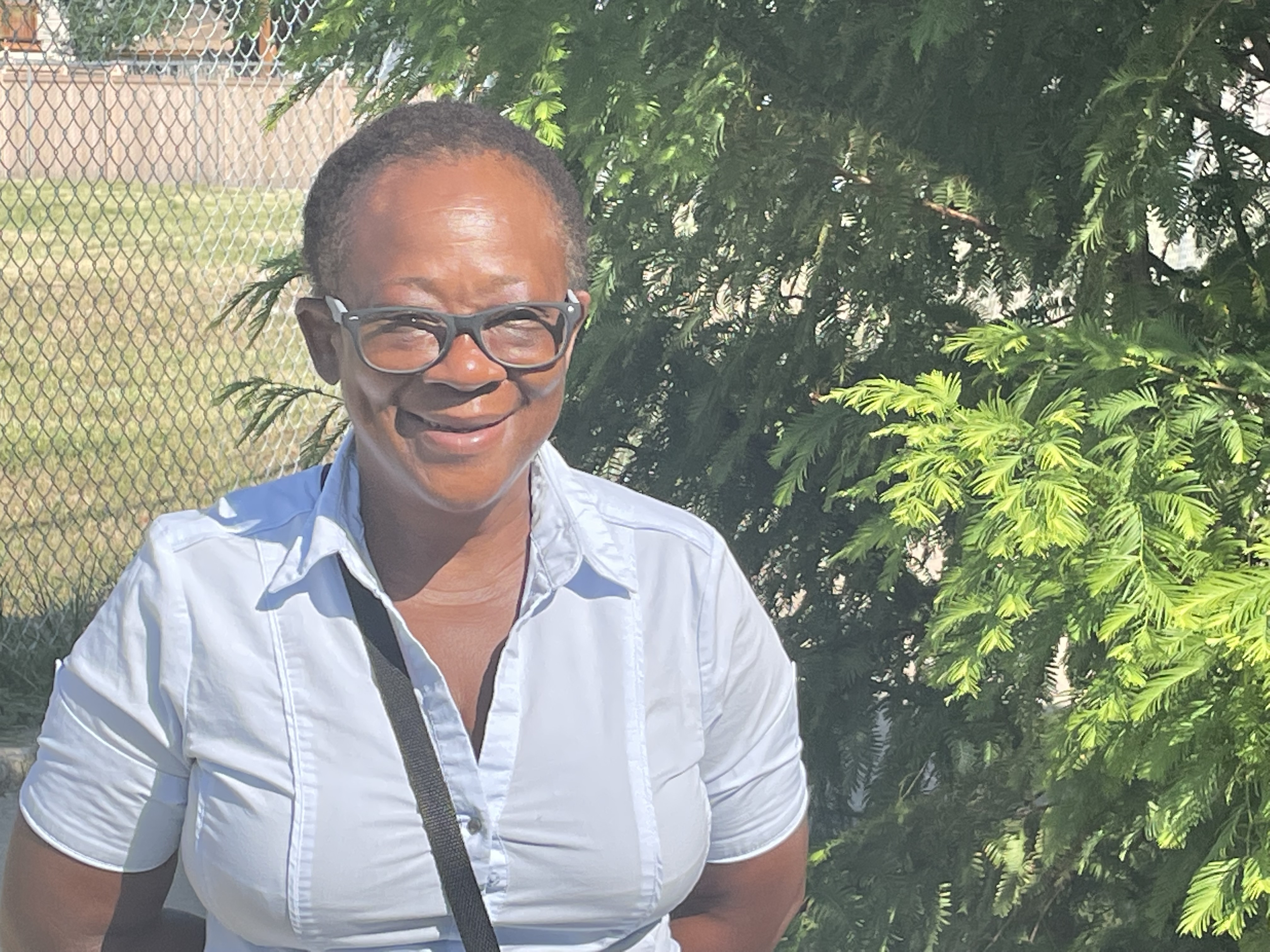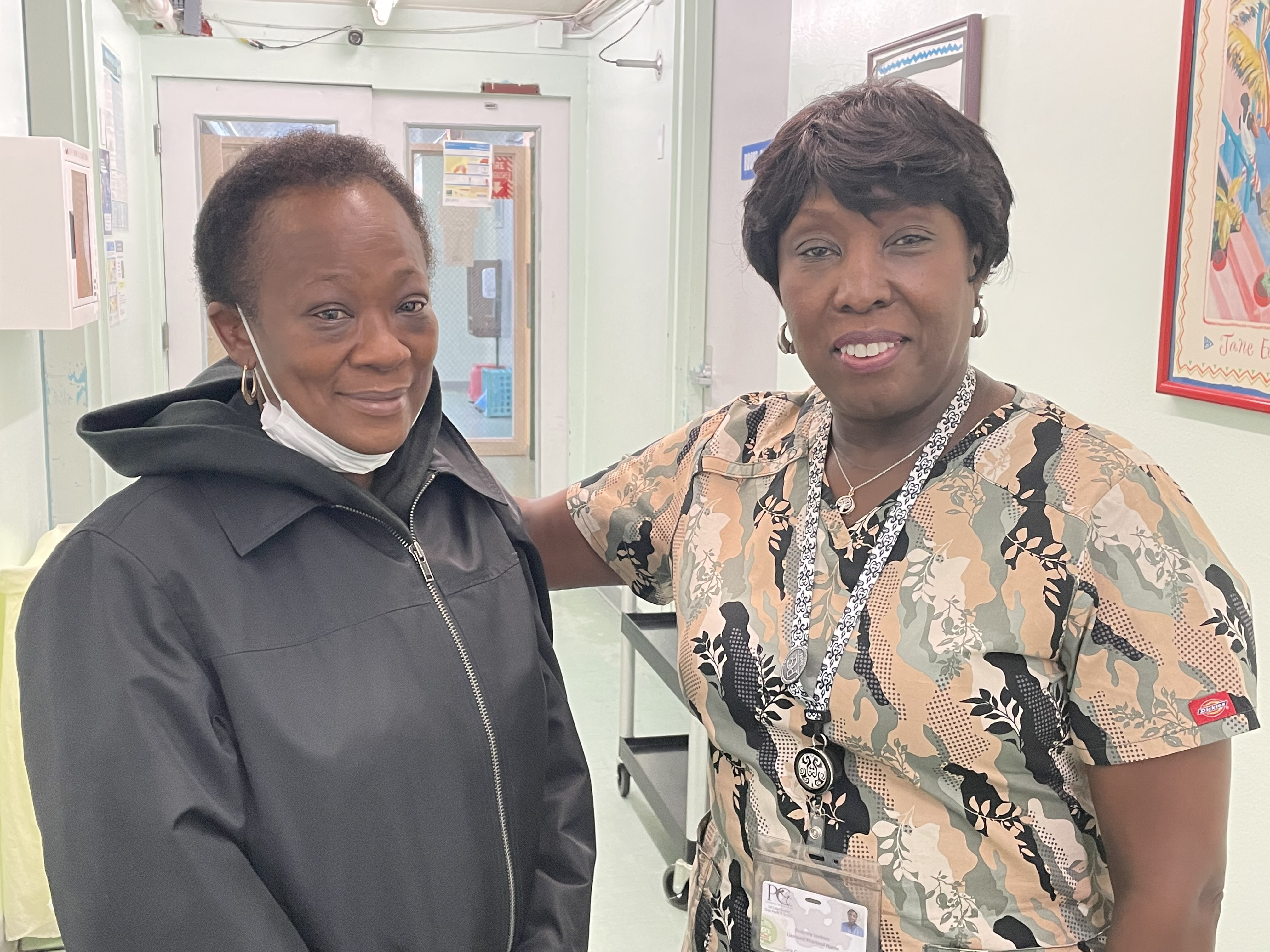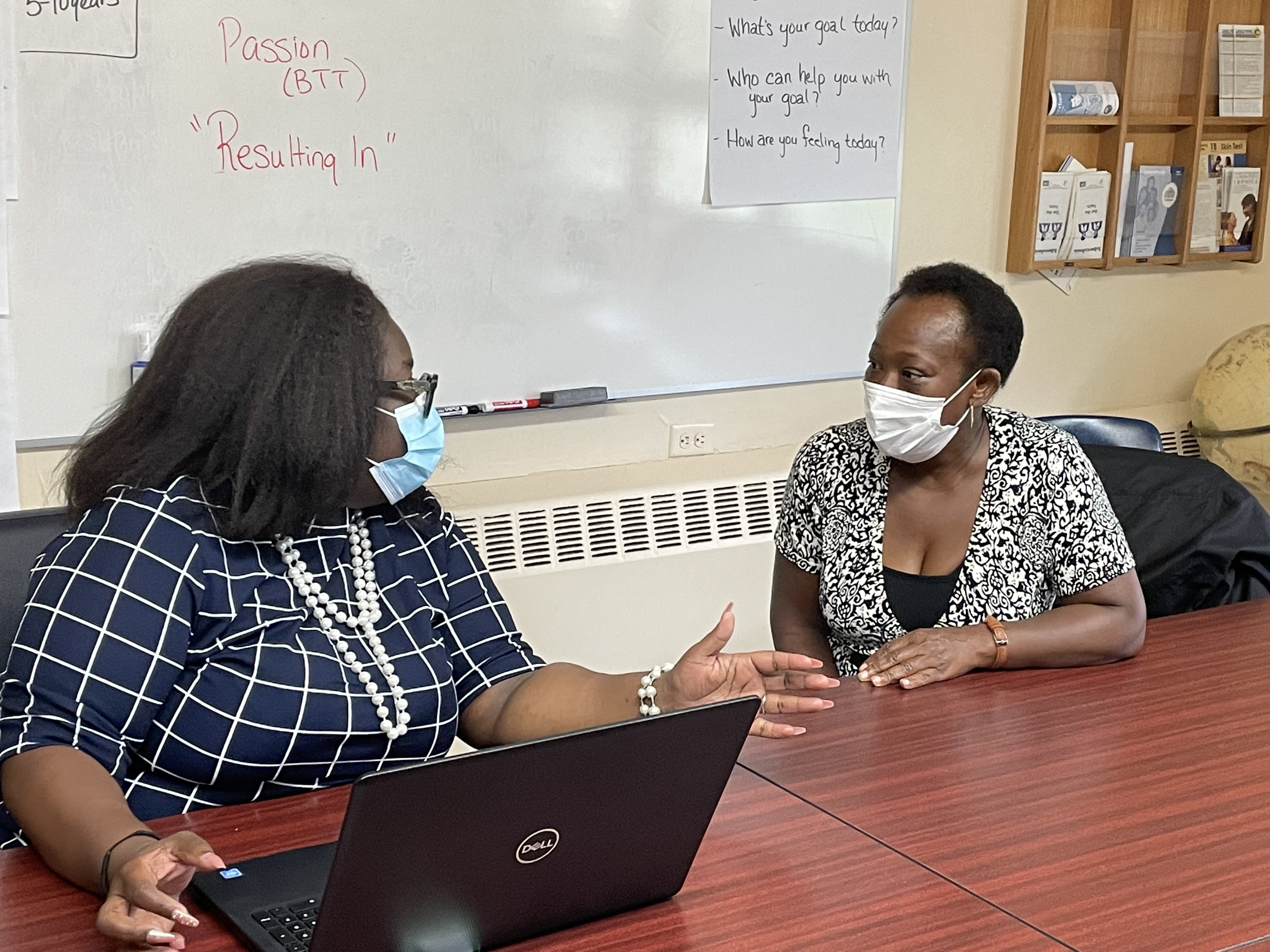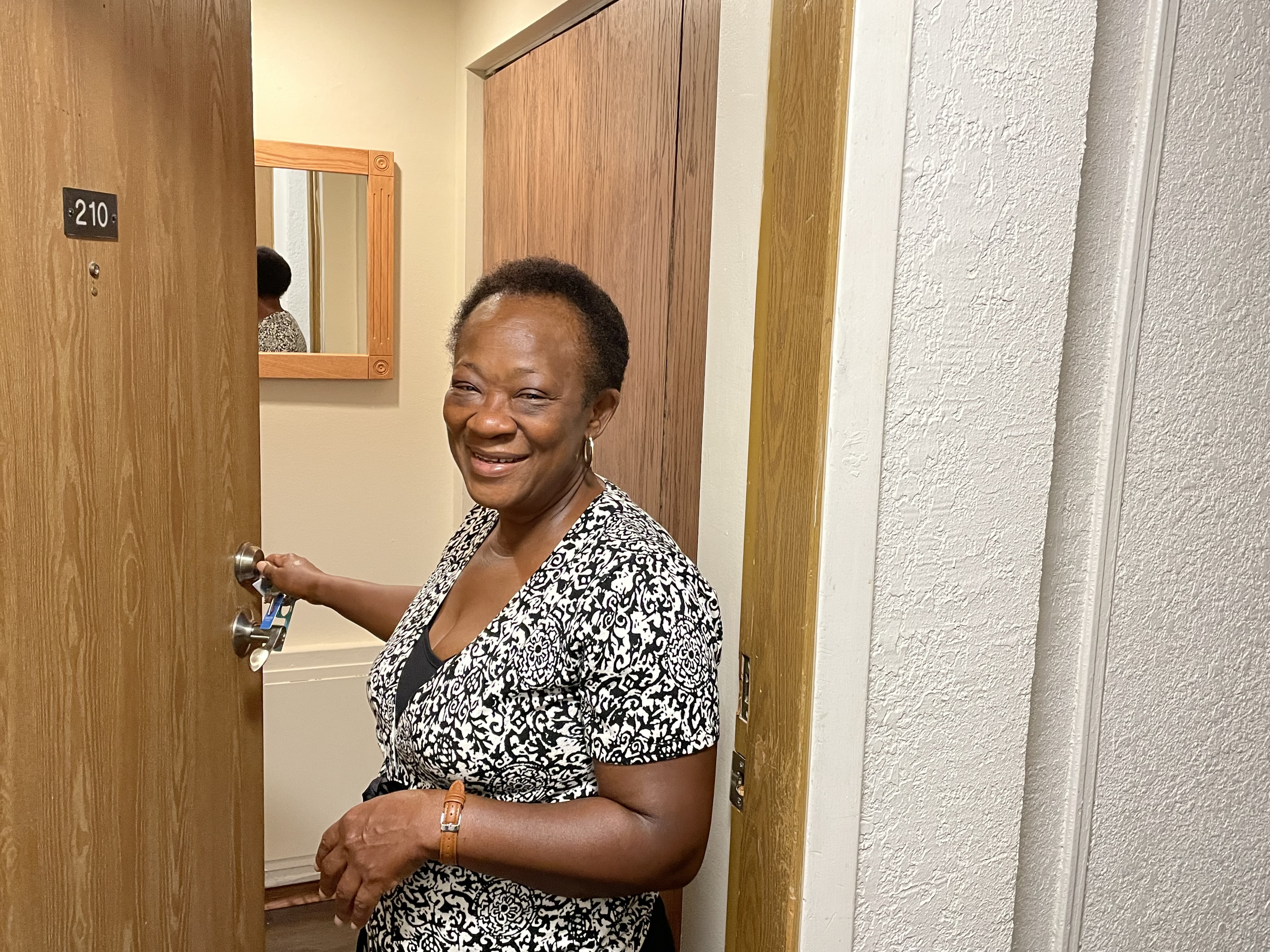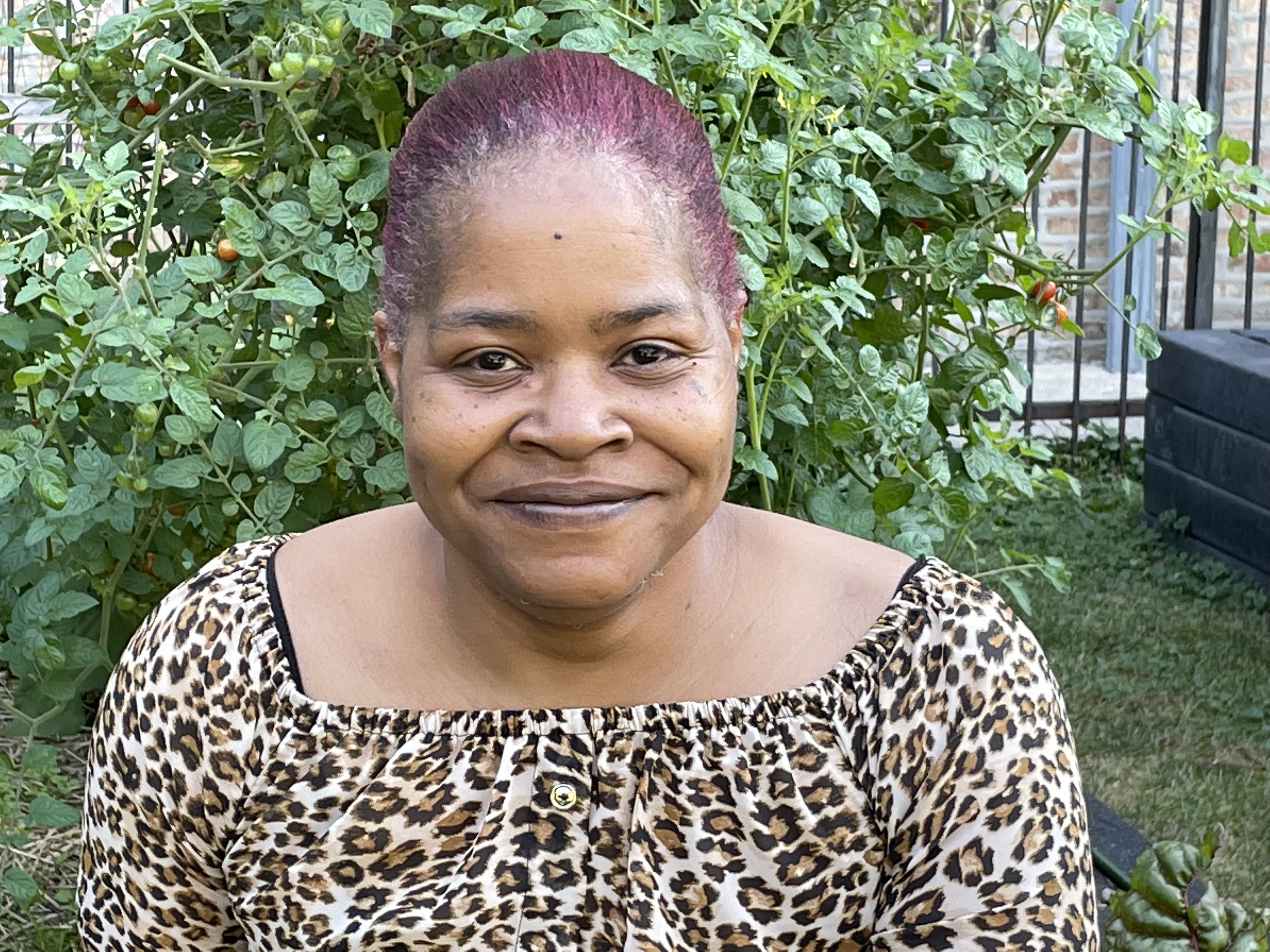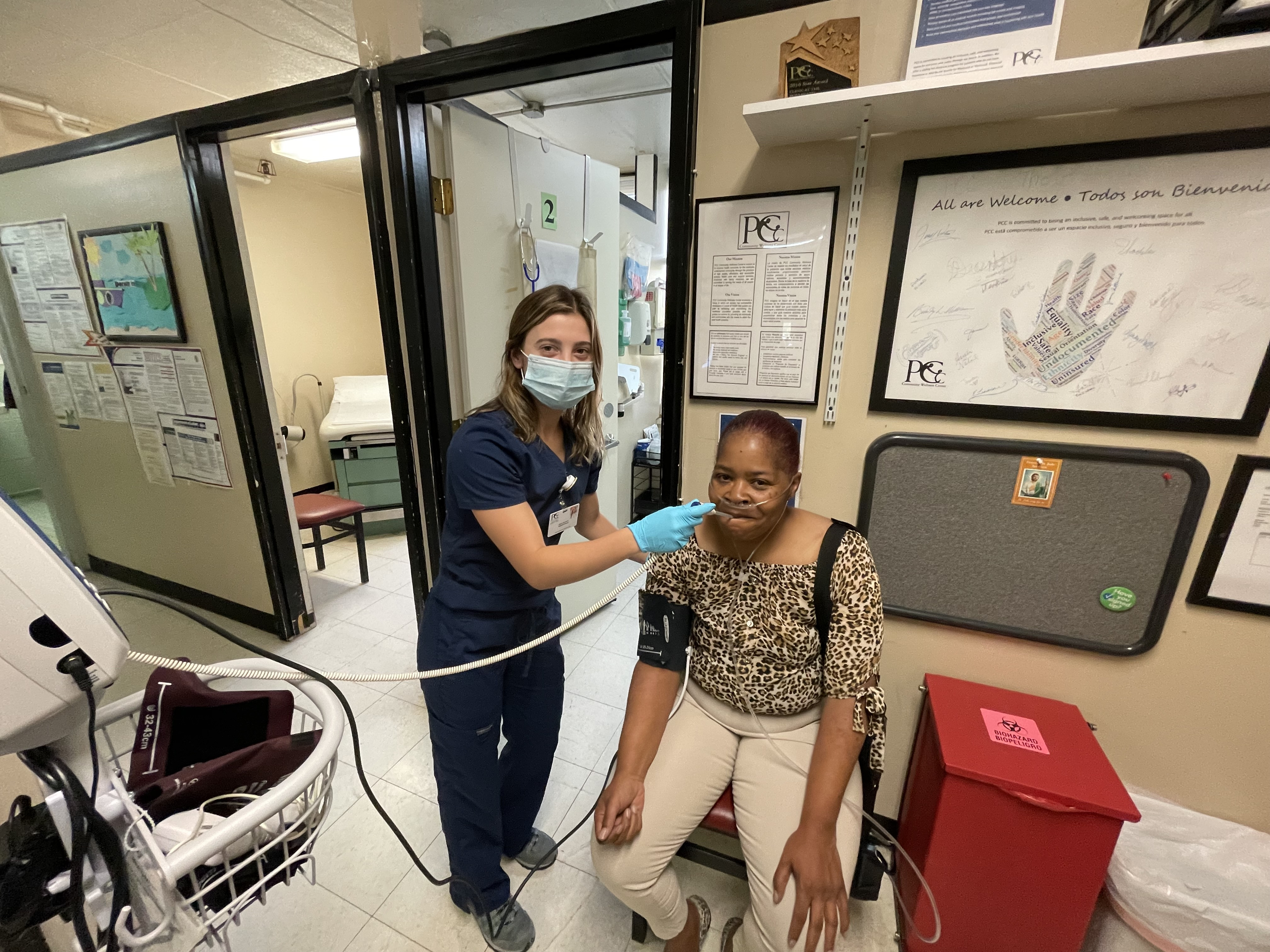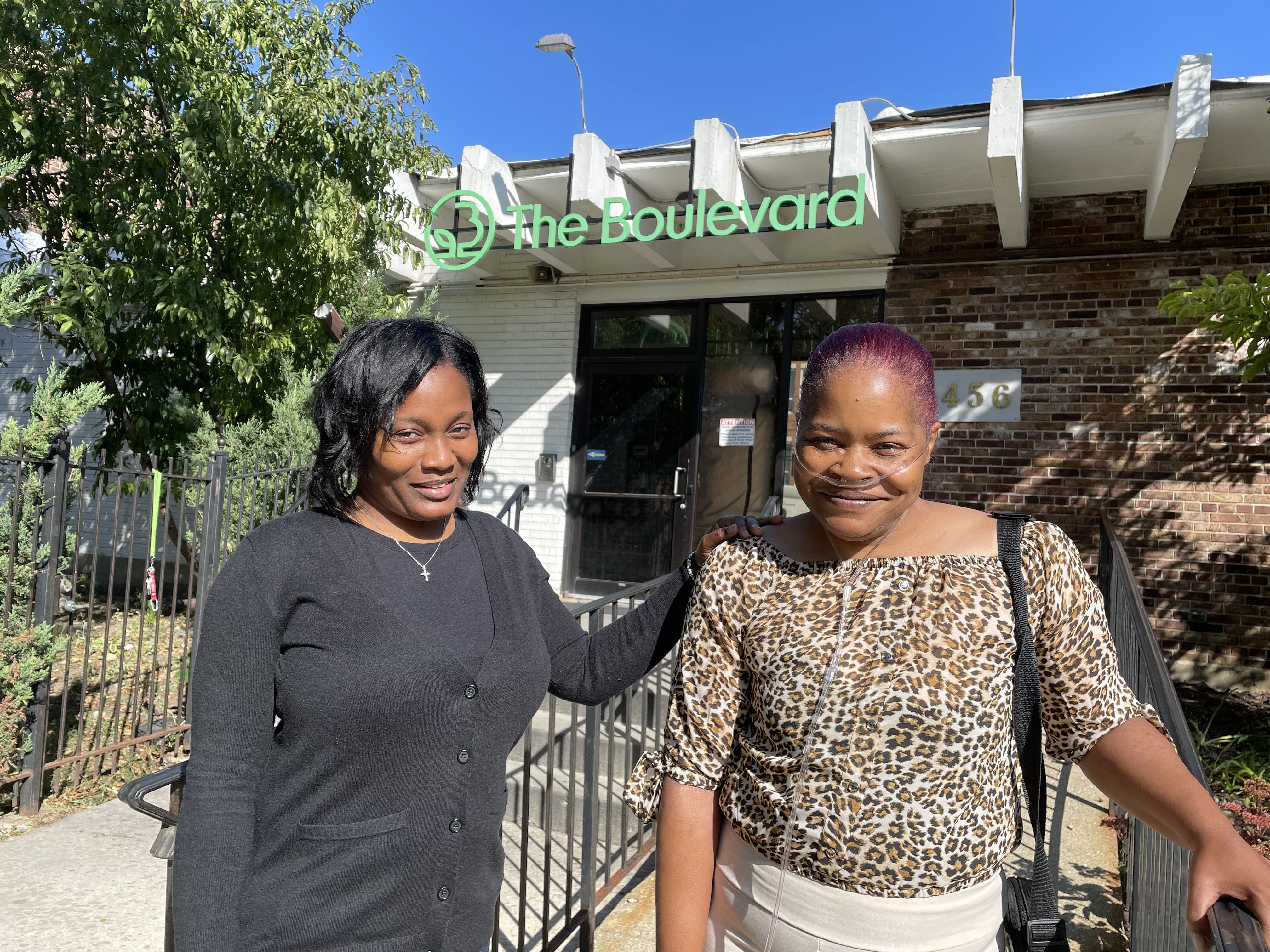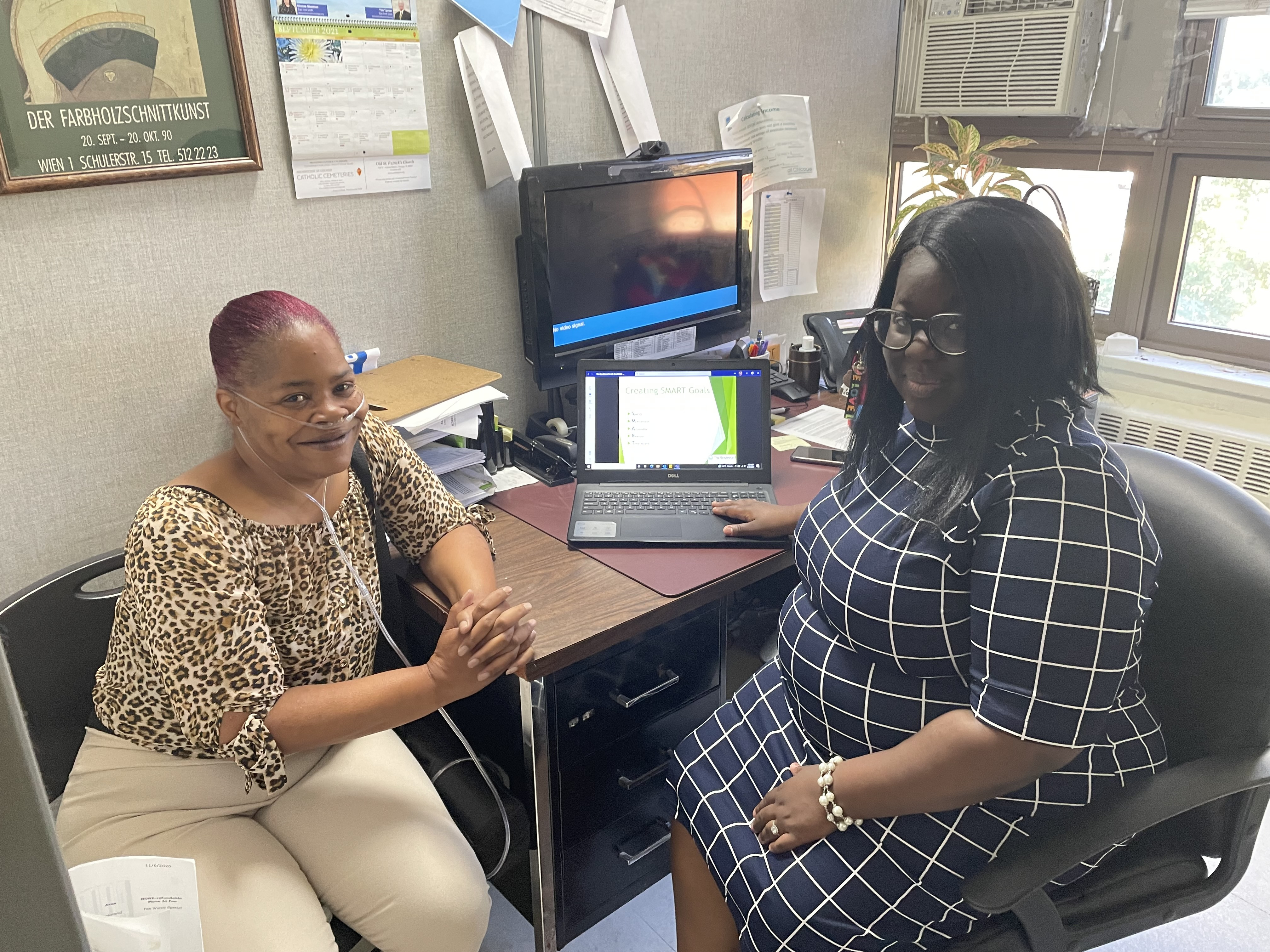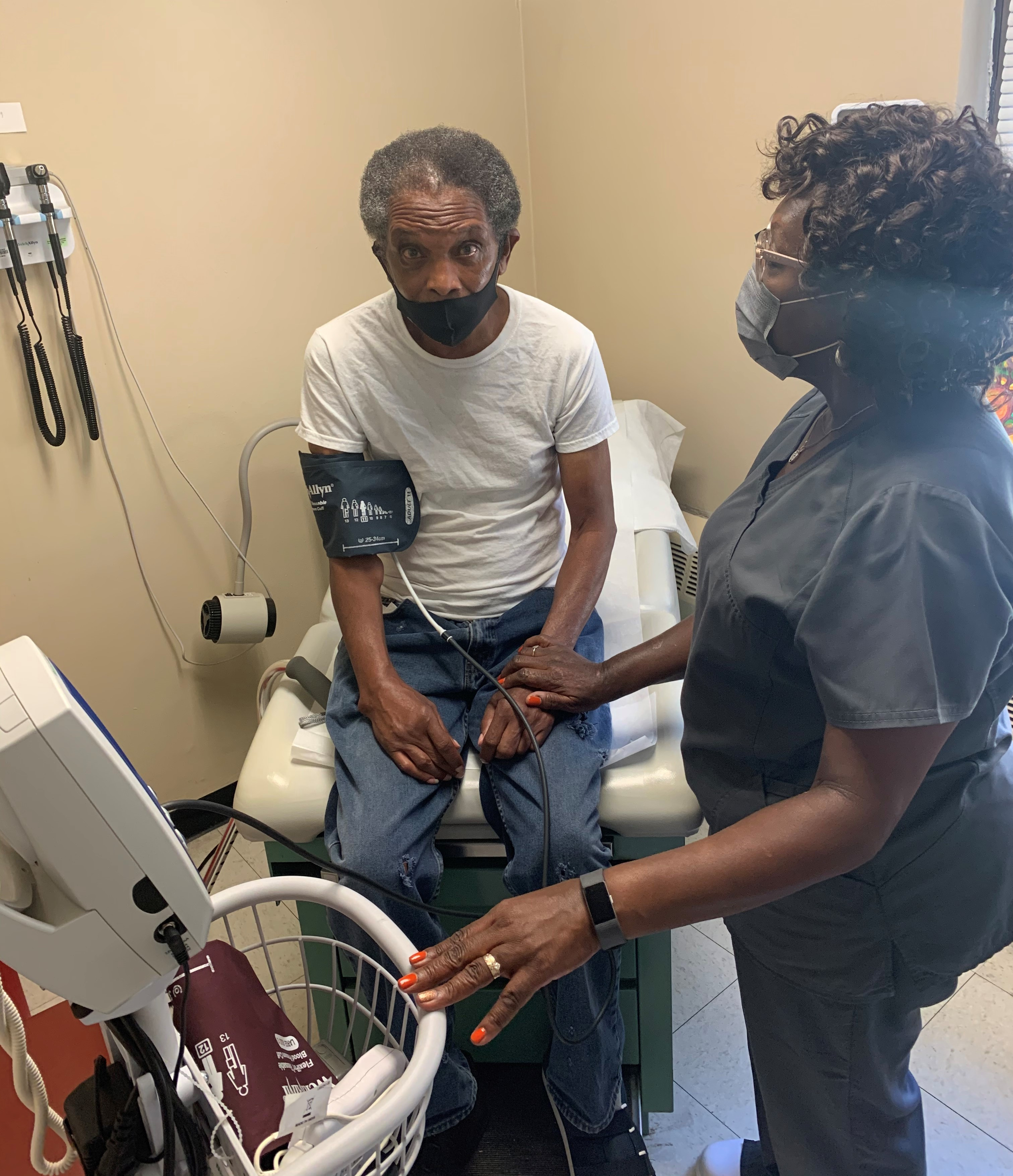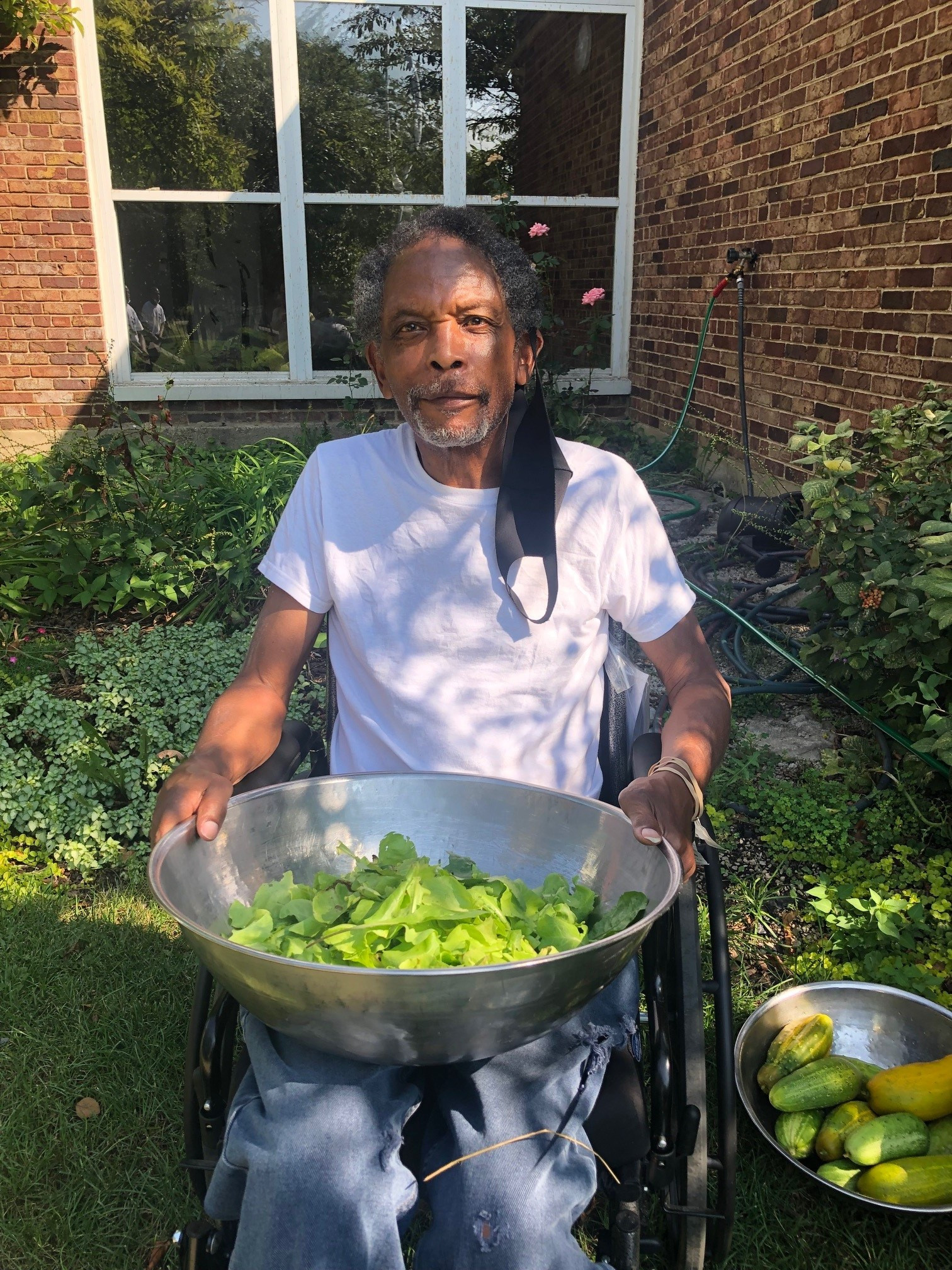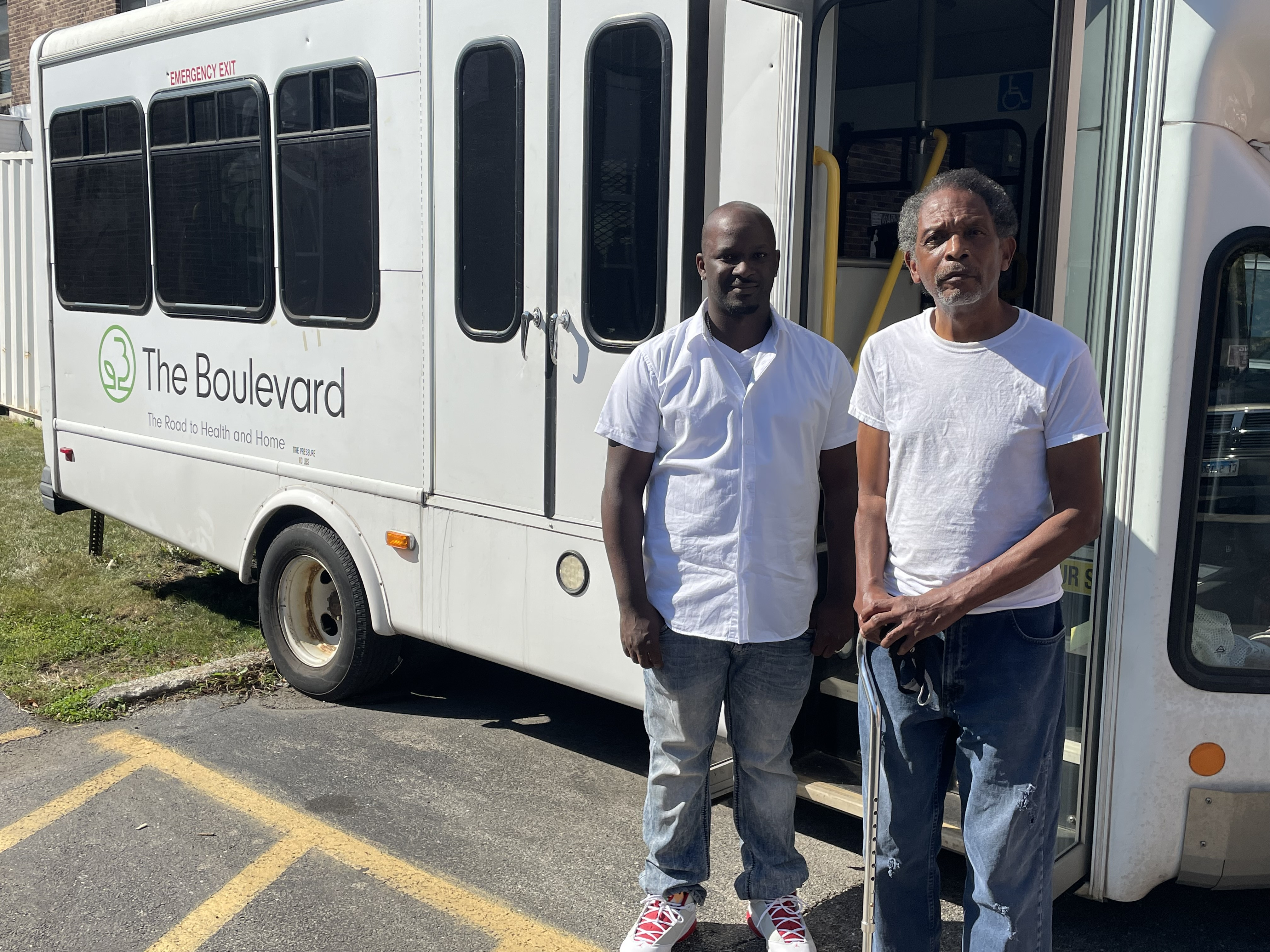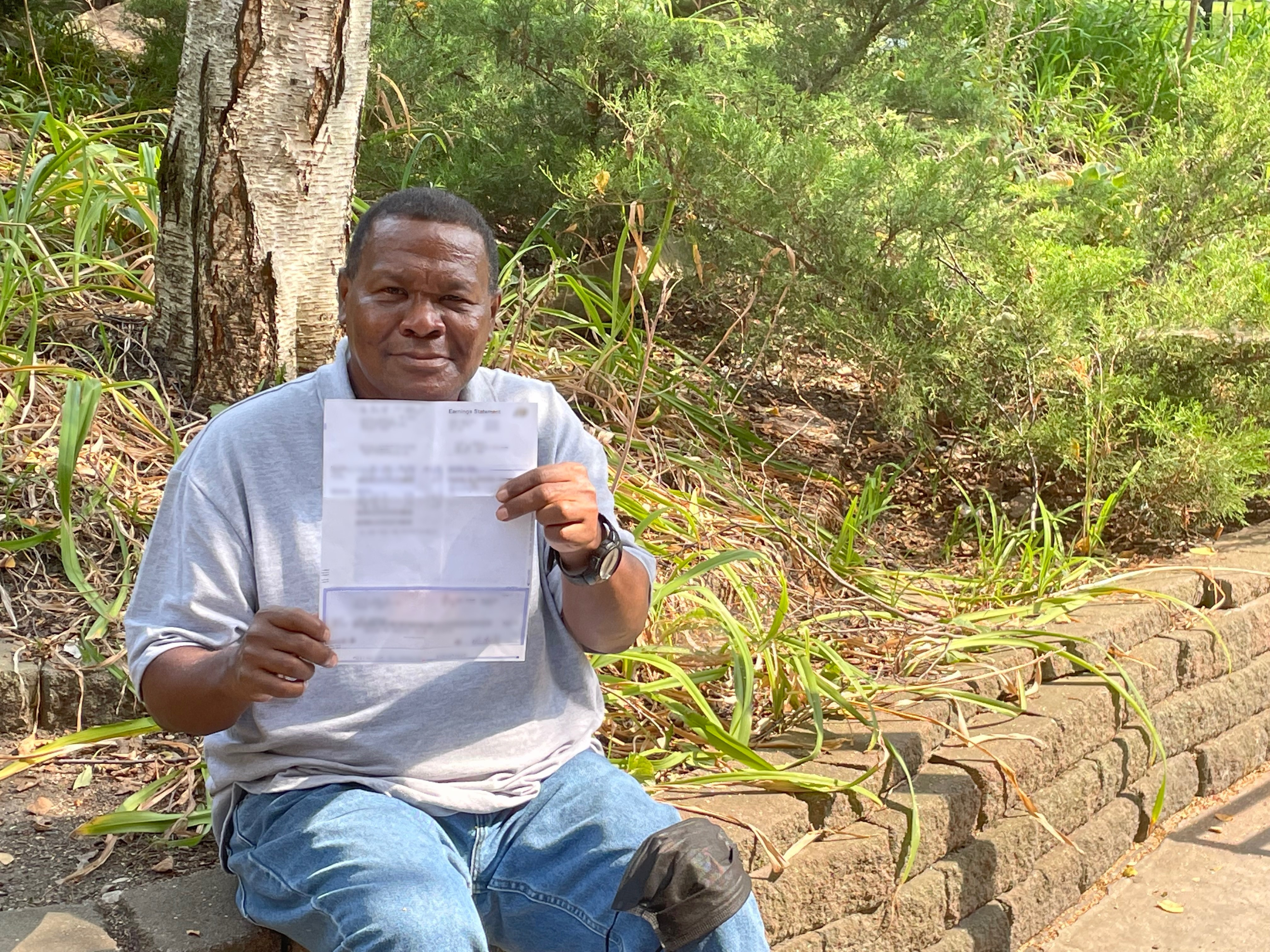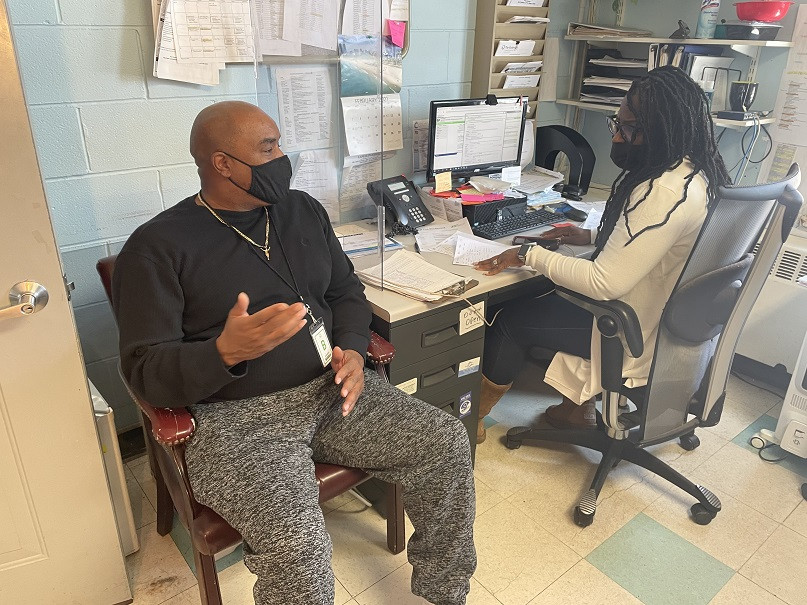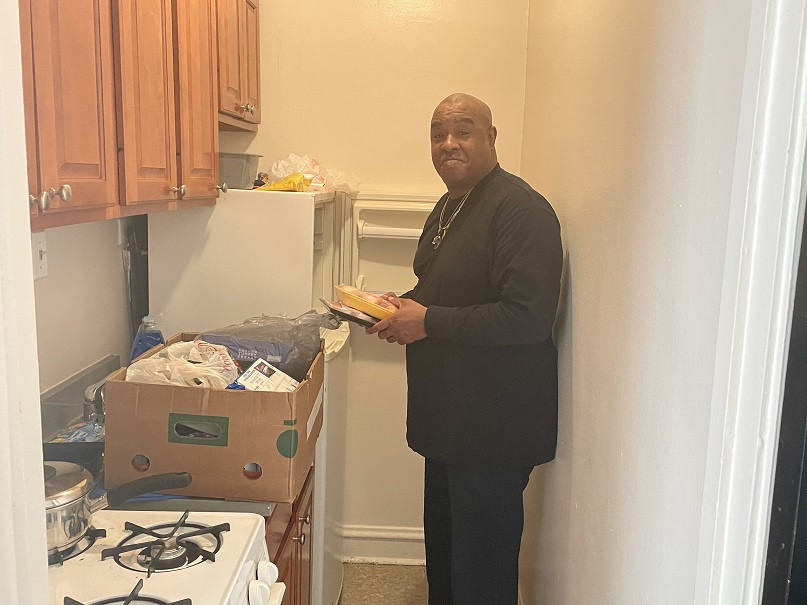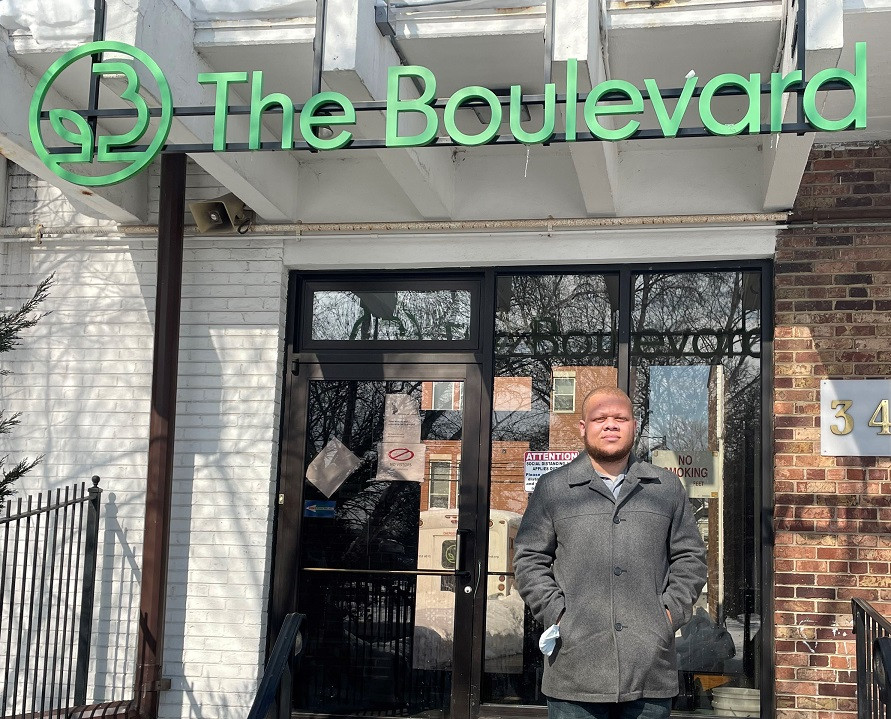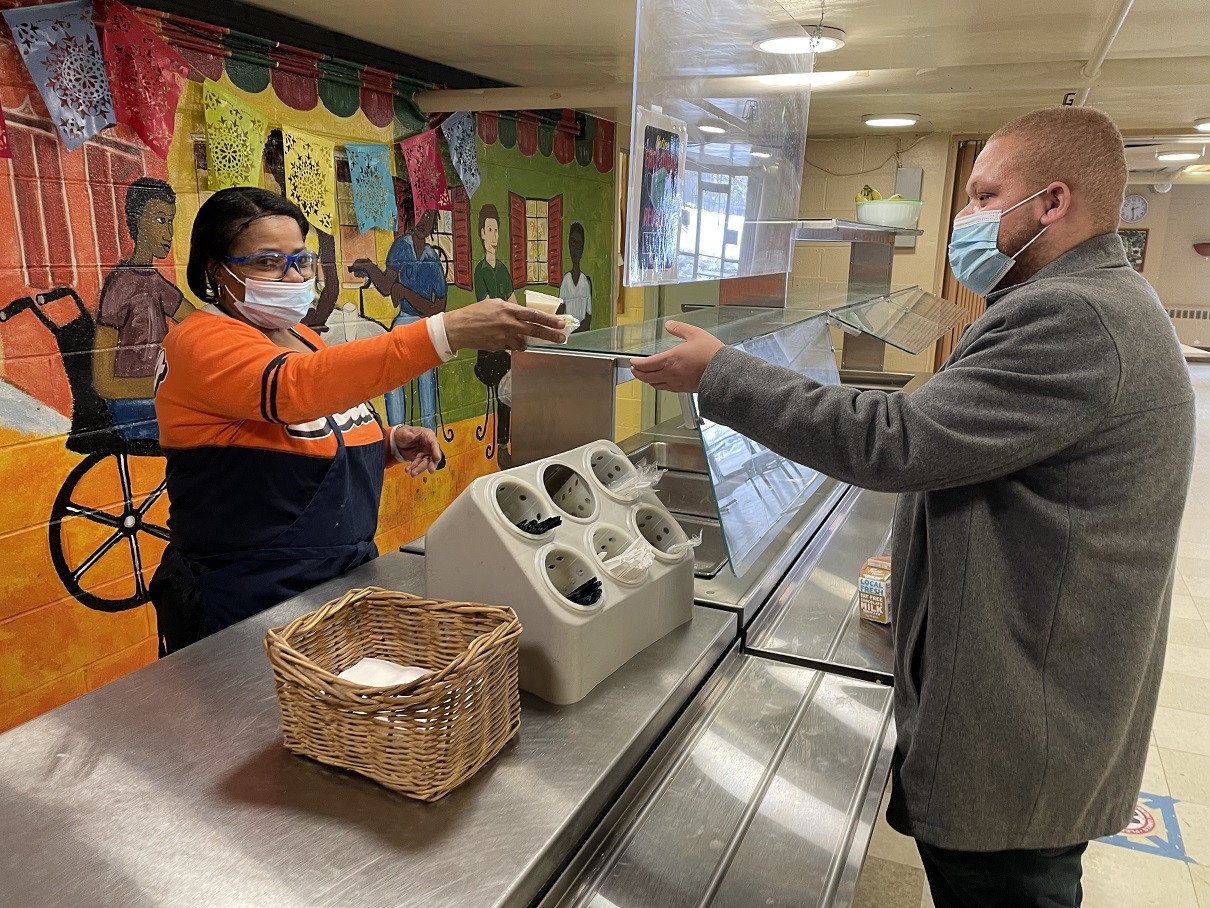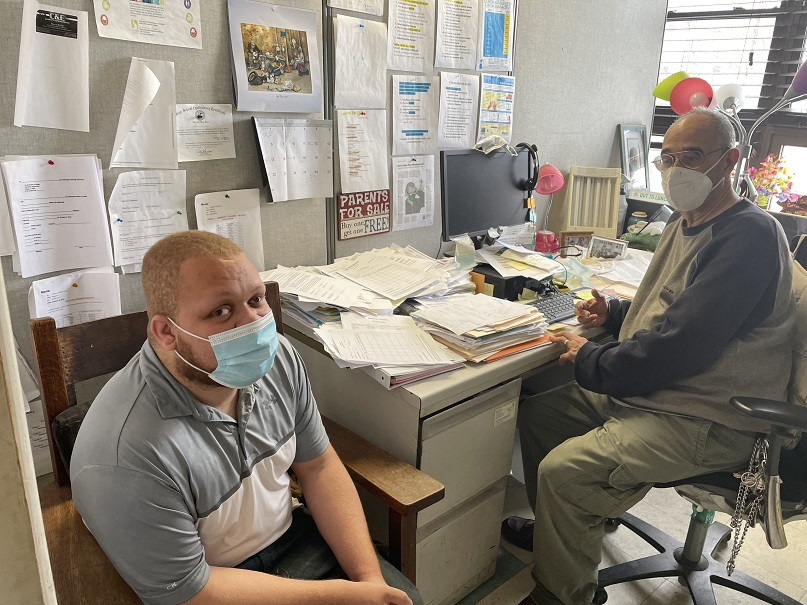It was a warm July day and Jake Starks, the first Executive Director at The Boulevard of Chicago (when it was still named Interfaith House) and a skeleton crew were working hard, preparing for the opening day scheduled in two weeks. The plan was to open in stages with men coming first and occupying the first floor, followed by women who would live on the second floor. The staff was in the process of getting the kitchen cleaned and in working order, but there was no food service yet.
Jake was working in his office when a middle-aged man walked in the front door on crutches. His name was Bucky, and he was a Vietnam War Vet who had been a prisoner of war for 3 years. He had been wounded in combat, and lost his leg while being held captive, but survived his POW experience. During these long years as a prisoner, the US Army considered him a casualty of war and declared him dead.
Tragically, Bucky’s challenges were only beginning. When he returned home he found that his wife, thinking he had been killed, had remarried and his family had scattered. He became depressed and began to self-medicate with drugs and alcohol, eventually becoming homeless. After living for many years on the street, struggling with his demons, he ended up in the hospital with an infection in his leg. When it was time for his discharge, he was released back to the streets of Chicago, and directed to find a new facility called ‘the Interfaith House’—whatever that was…
Everyone at the House was surprised by his arrival (some two weeks earlier than they had expected anyone), but the small staff responded with compassion and ingenuity. Jake shared his brown bag lunch, someone made up a bed for him, and arrangements were made to have meals brought in until the kitchen was up and running.
Bucky was soon joined by other residents who came from Cook County Hospital and from the Chicago Department of Family Services and Interfaith House was launched. While Bucky was at Interfaith House, he healed from his infection and his case manager helped him regain his army back pay-enough to allow him to move from Interfaith House to his own apartment.
For several years Bucky would drop in to see the staff and share his story with the current residents. He has not been back in many years and sadly there is no word of his whereabouts. However, his memory lives on as the first resident of the first, and still only, medical respite program in Chicago.
(Thanks to Matt Weimer and others for this essay.)
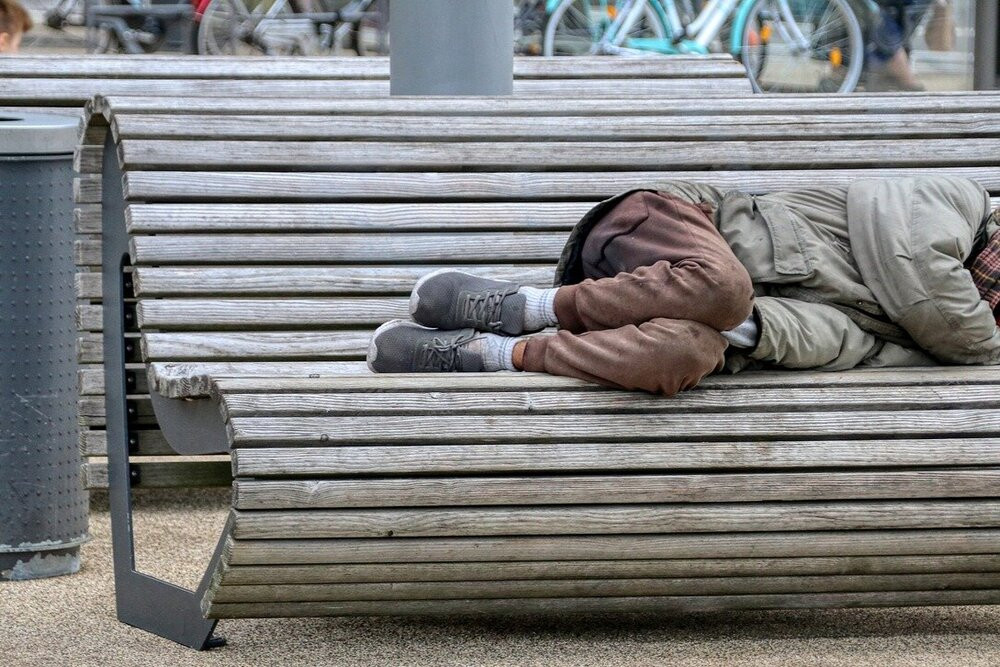
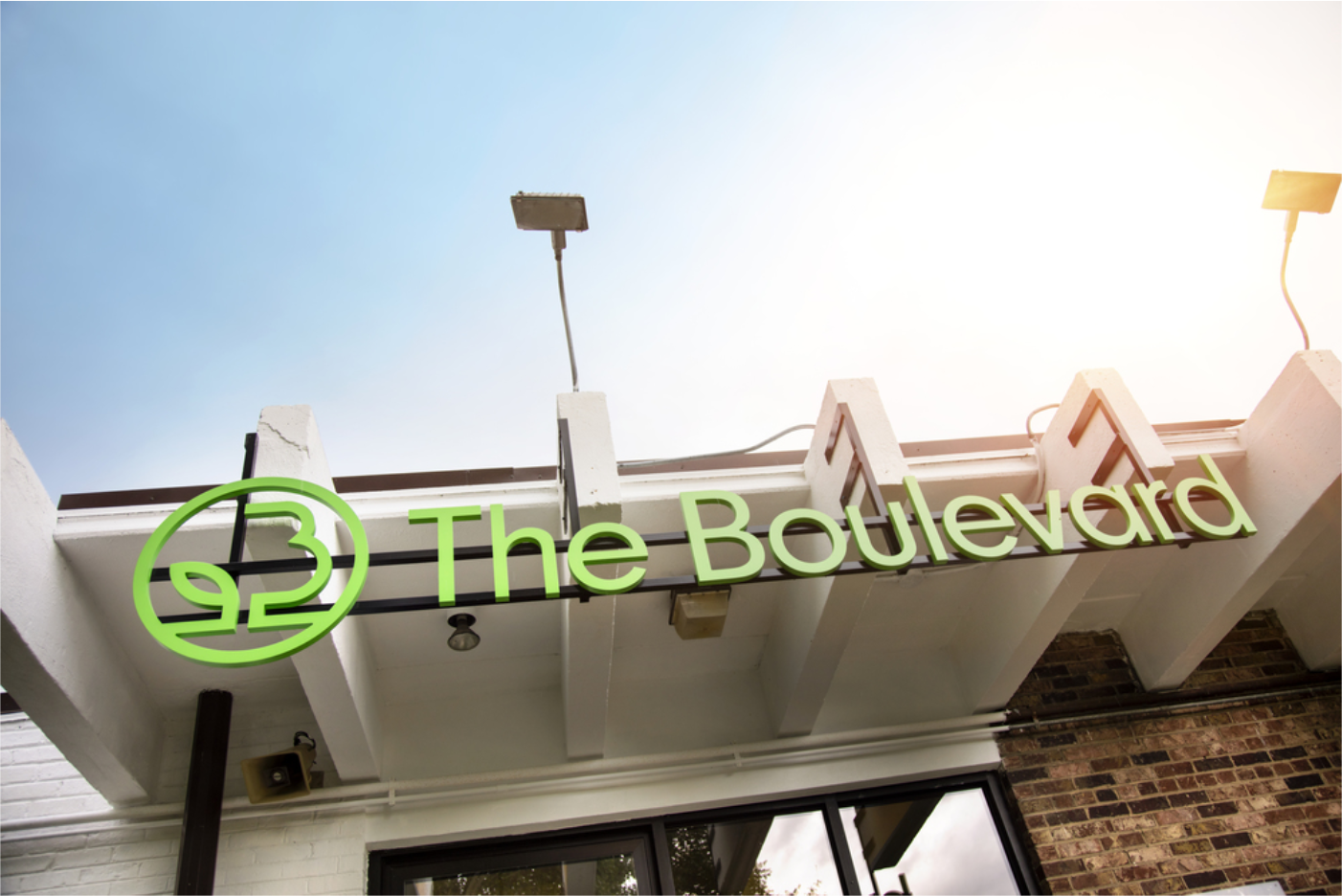
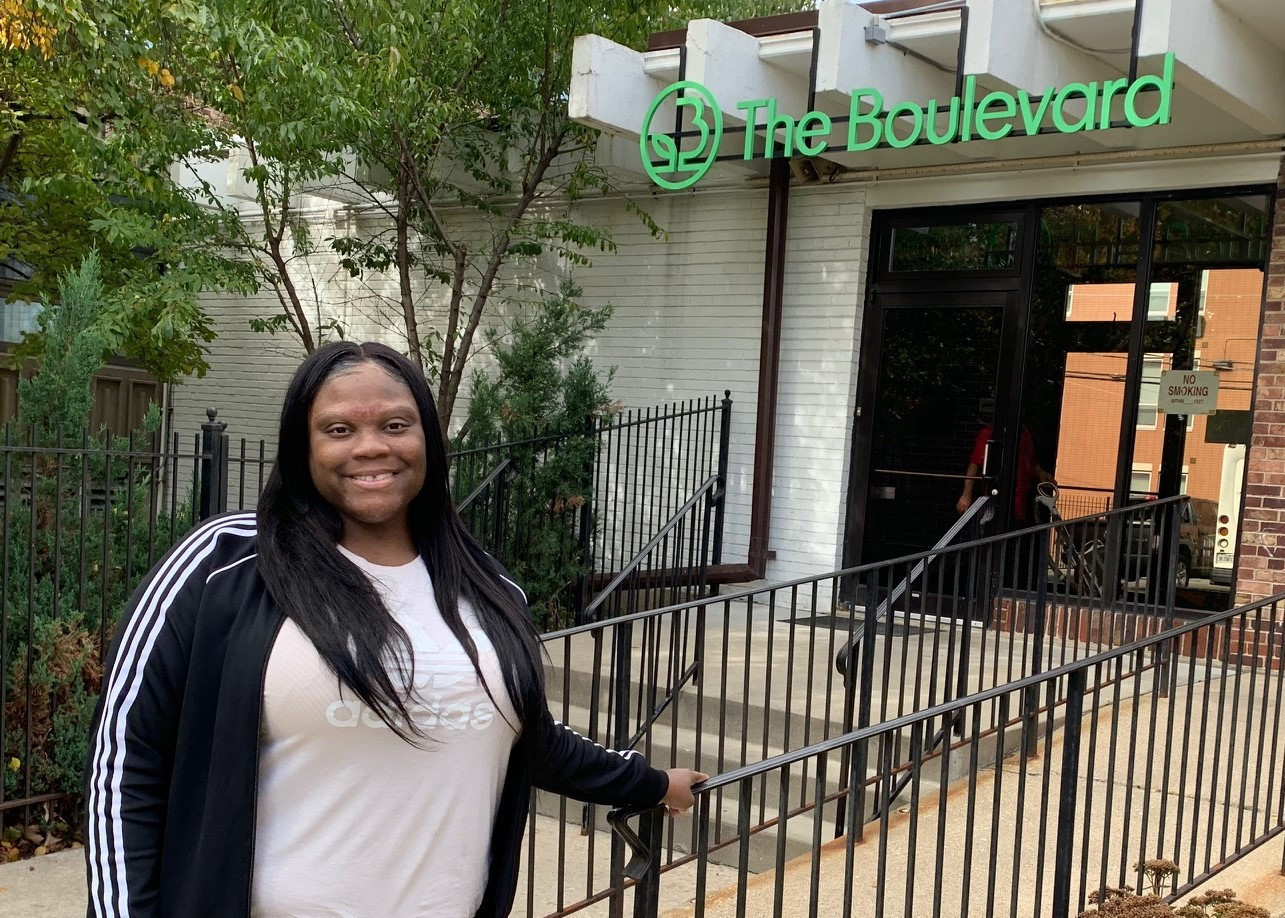


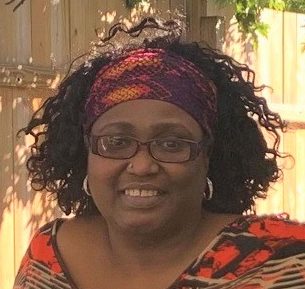
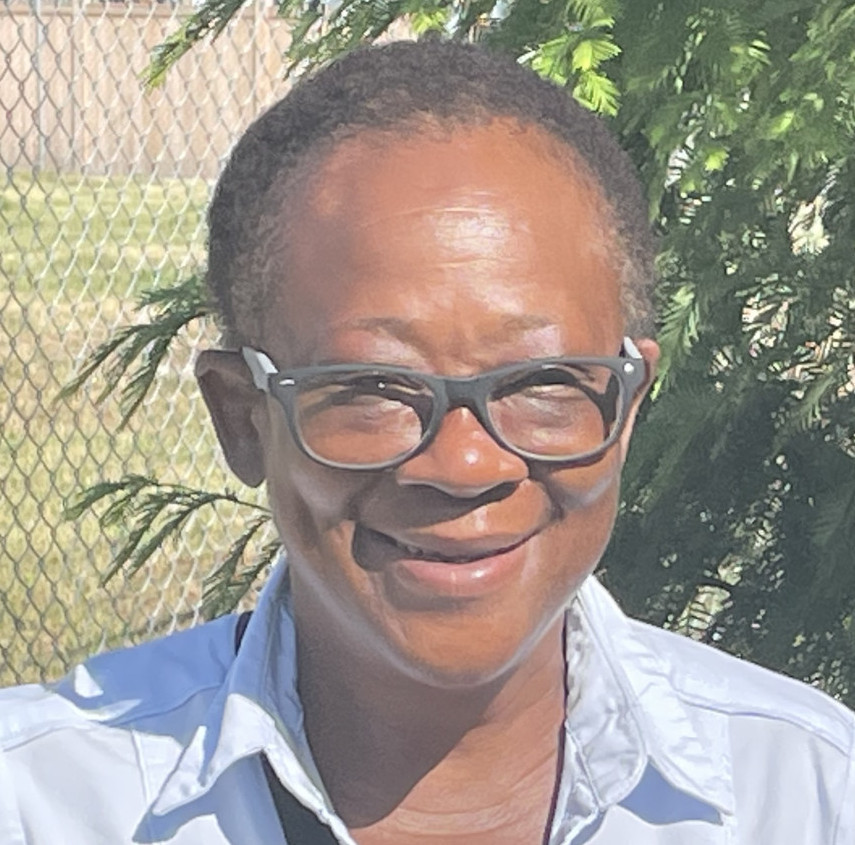
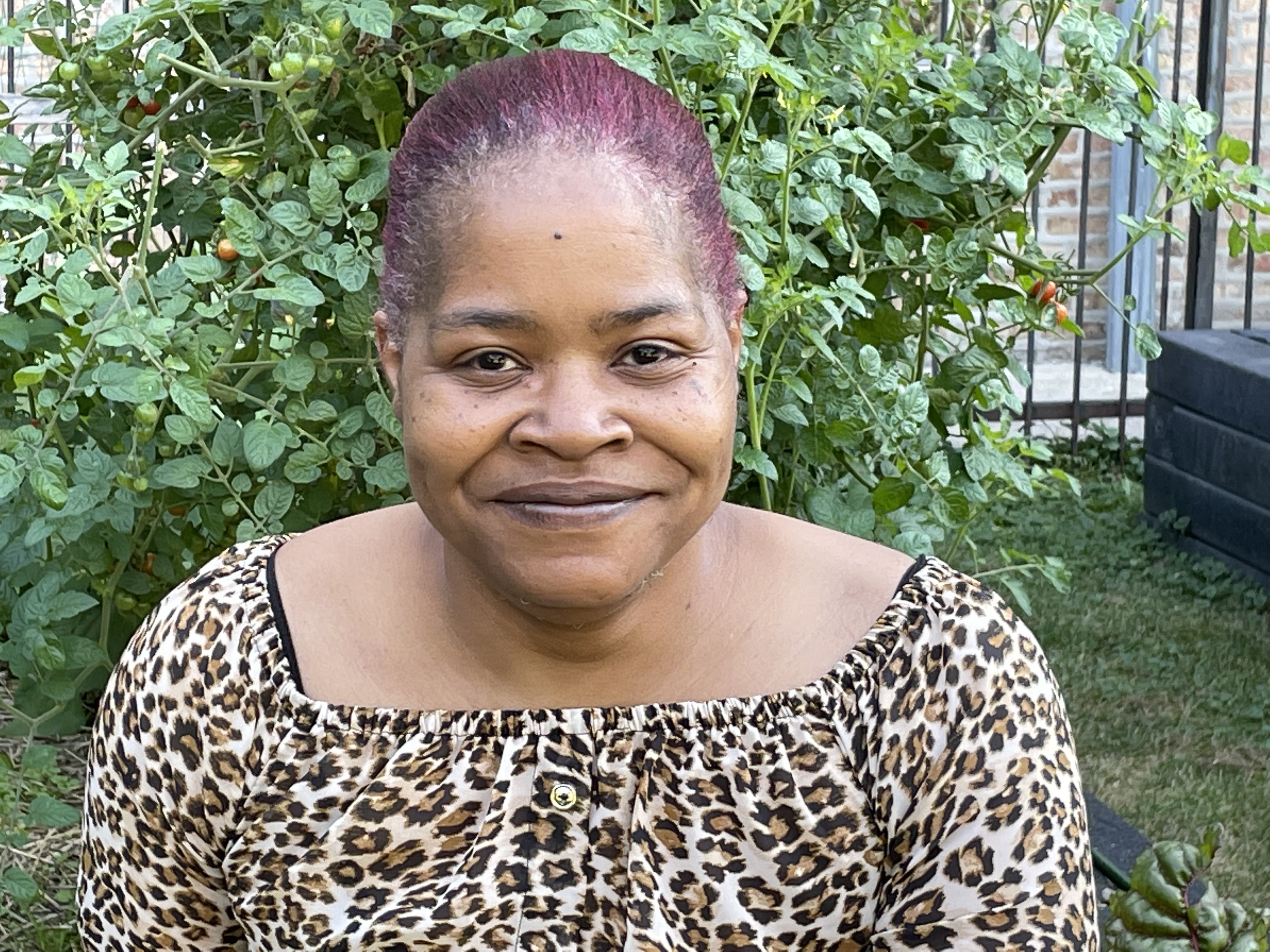
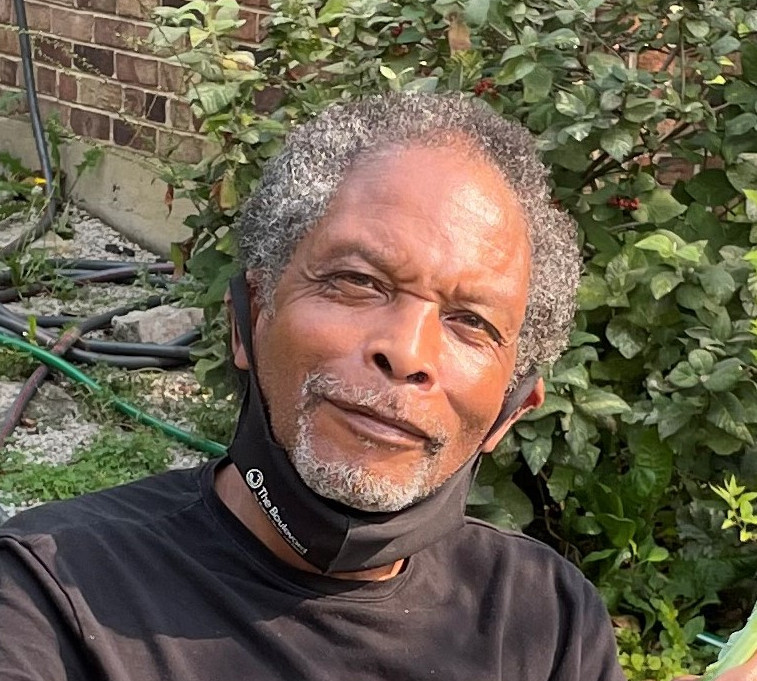
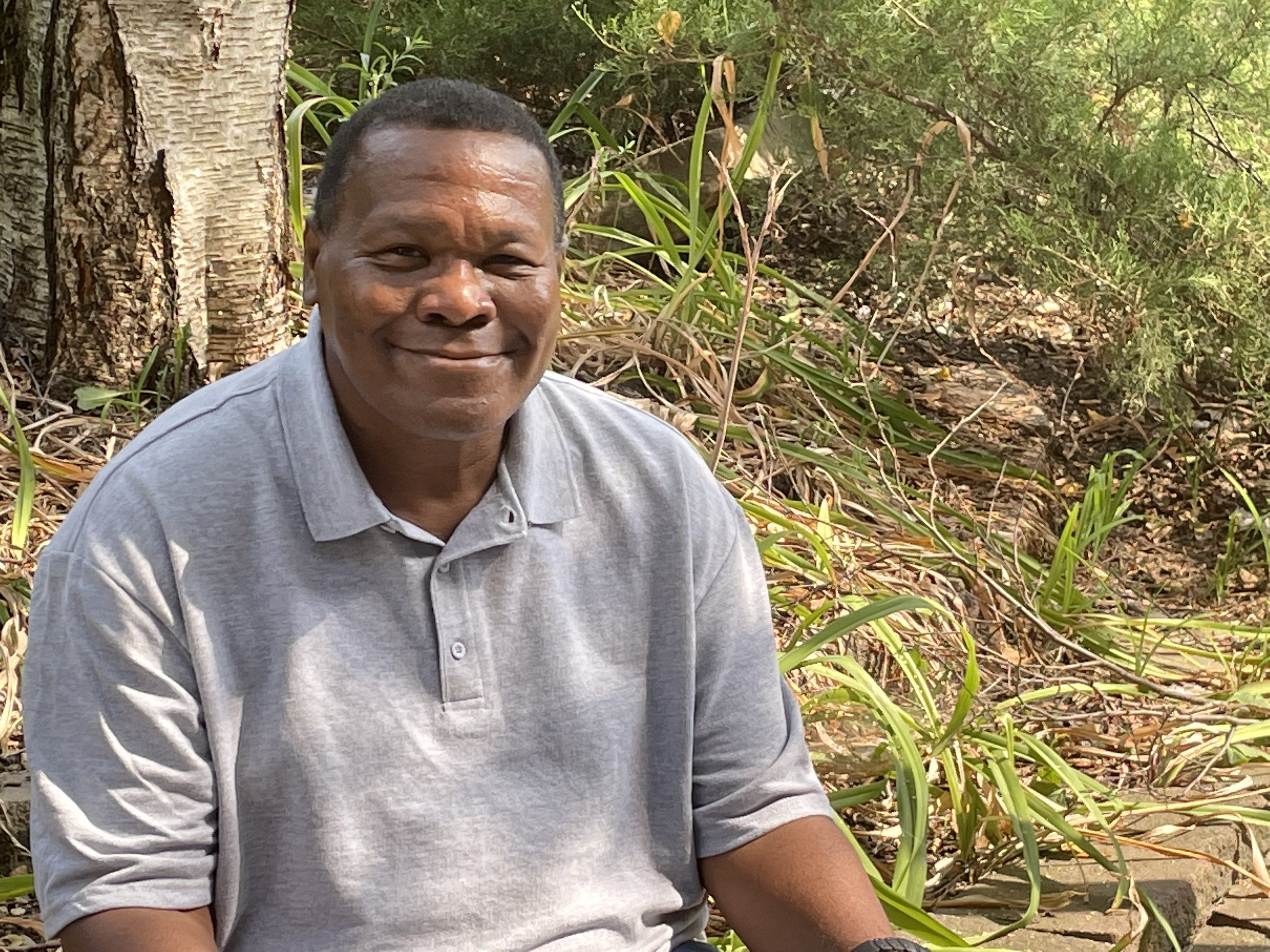
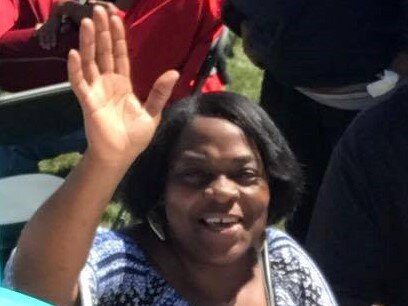
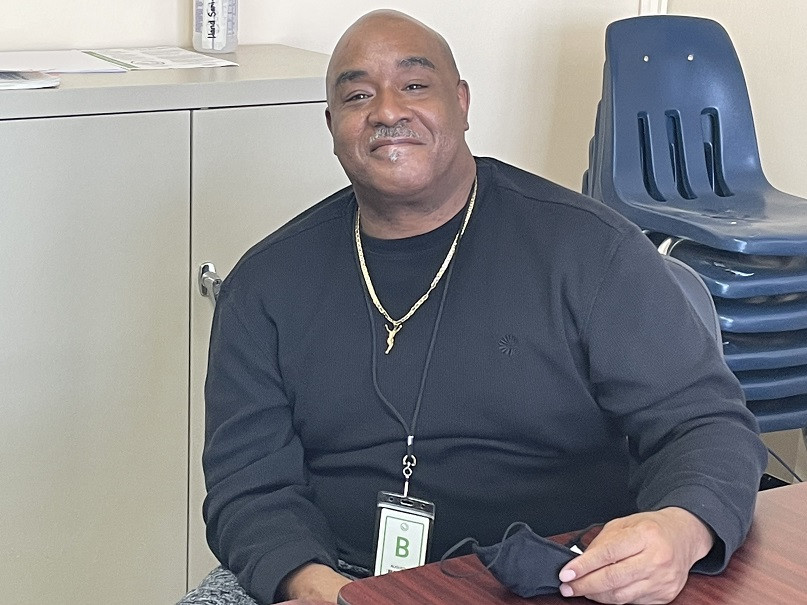
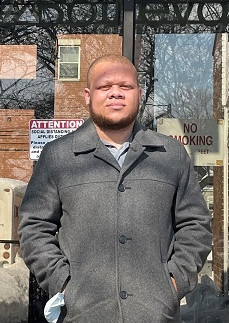
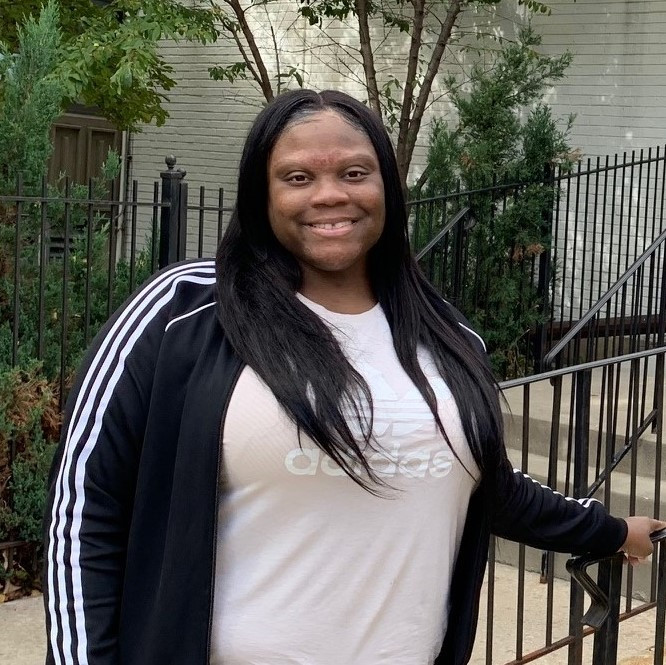
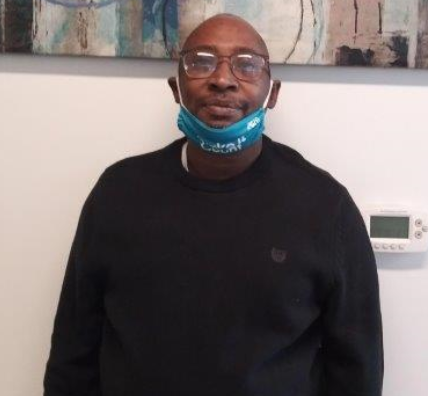
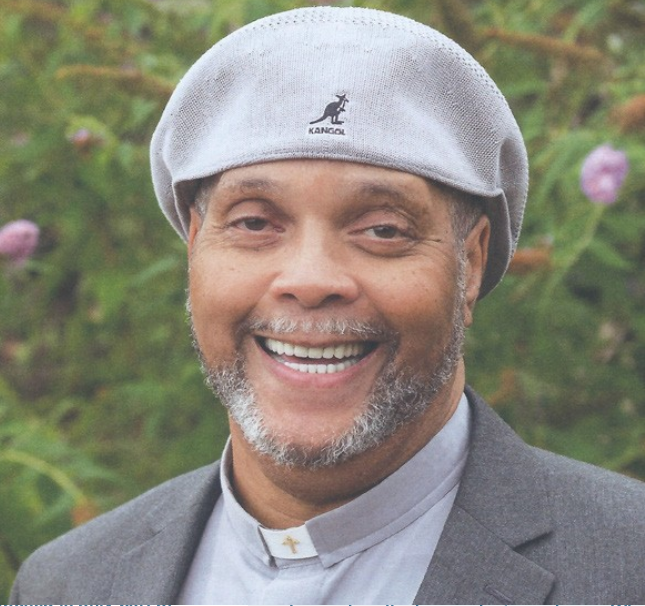
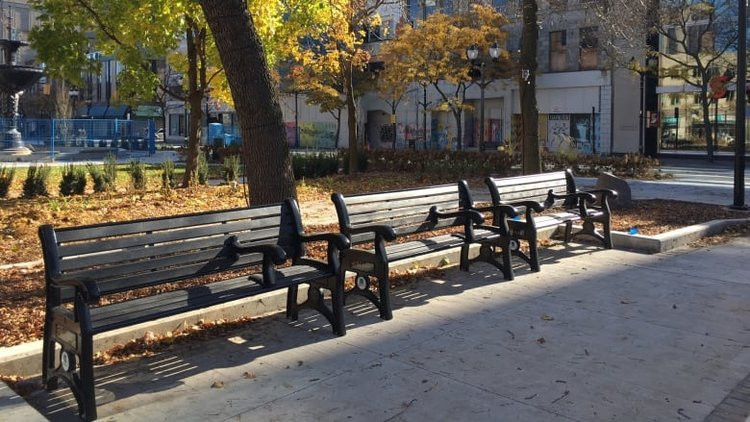
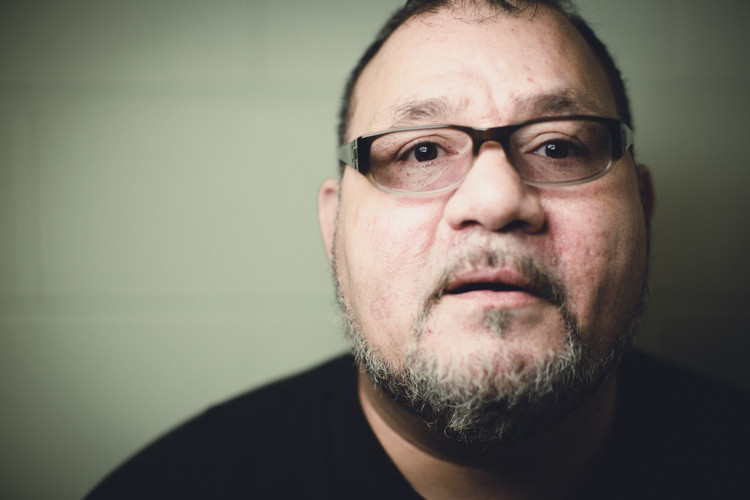
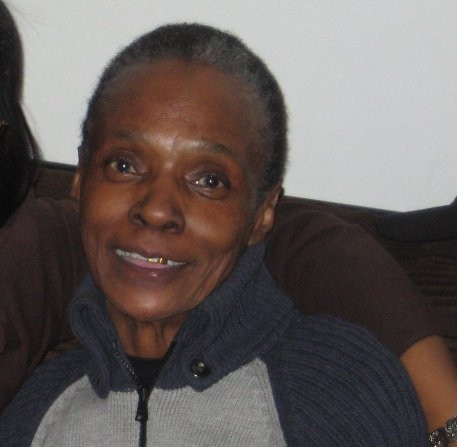
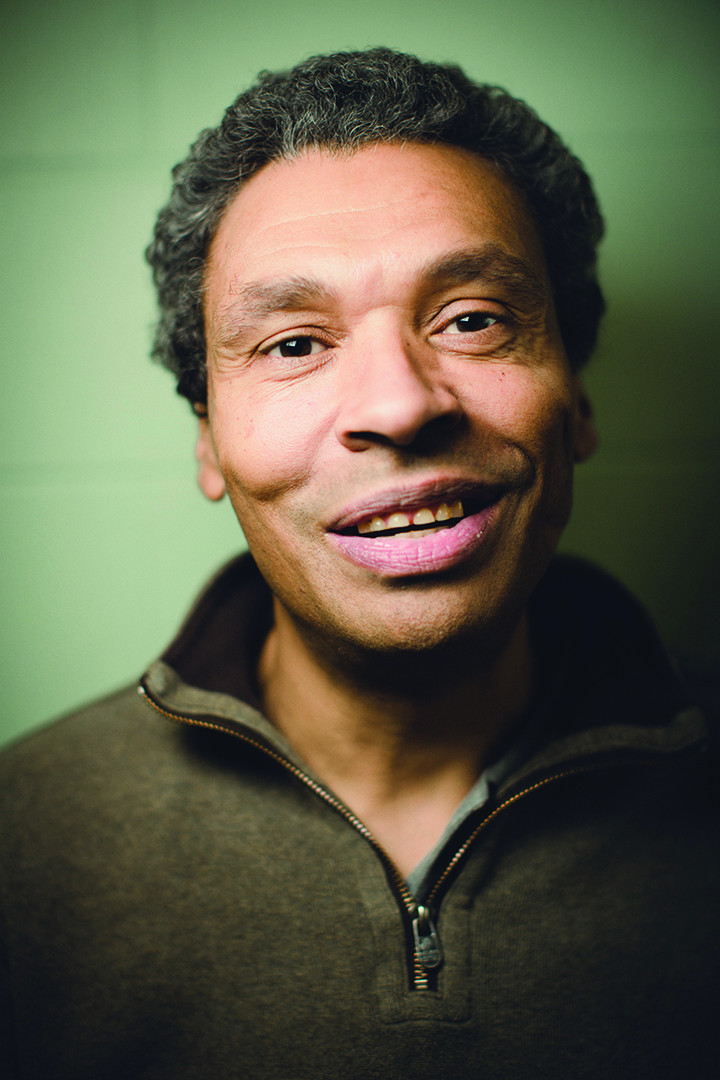
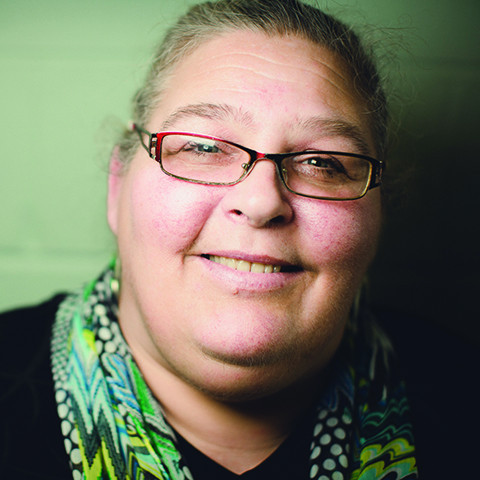
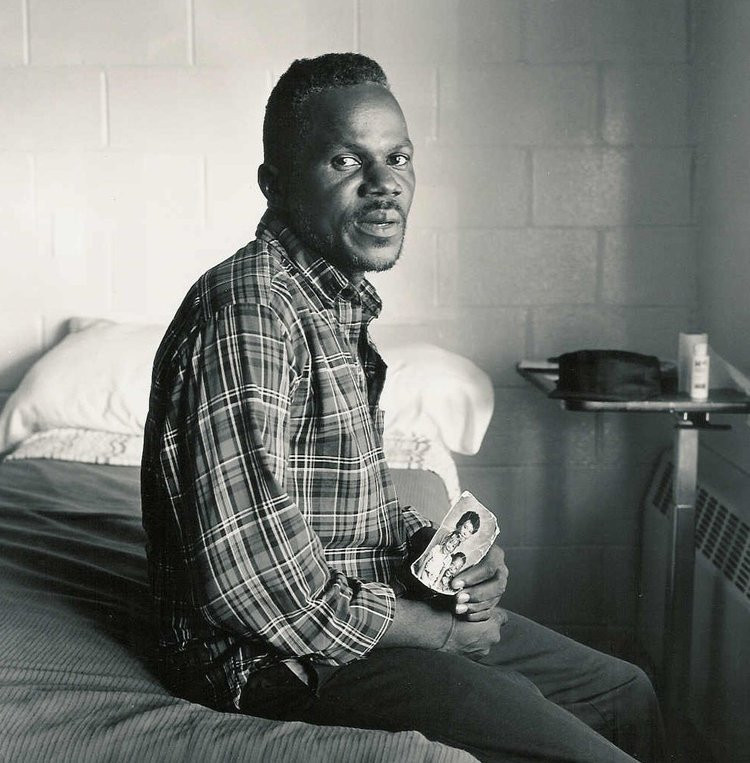
 Manny, former resident of The Boulevard
Manny, former resident of The Boulevard